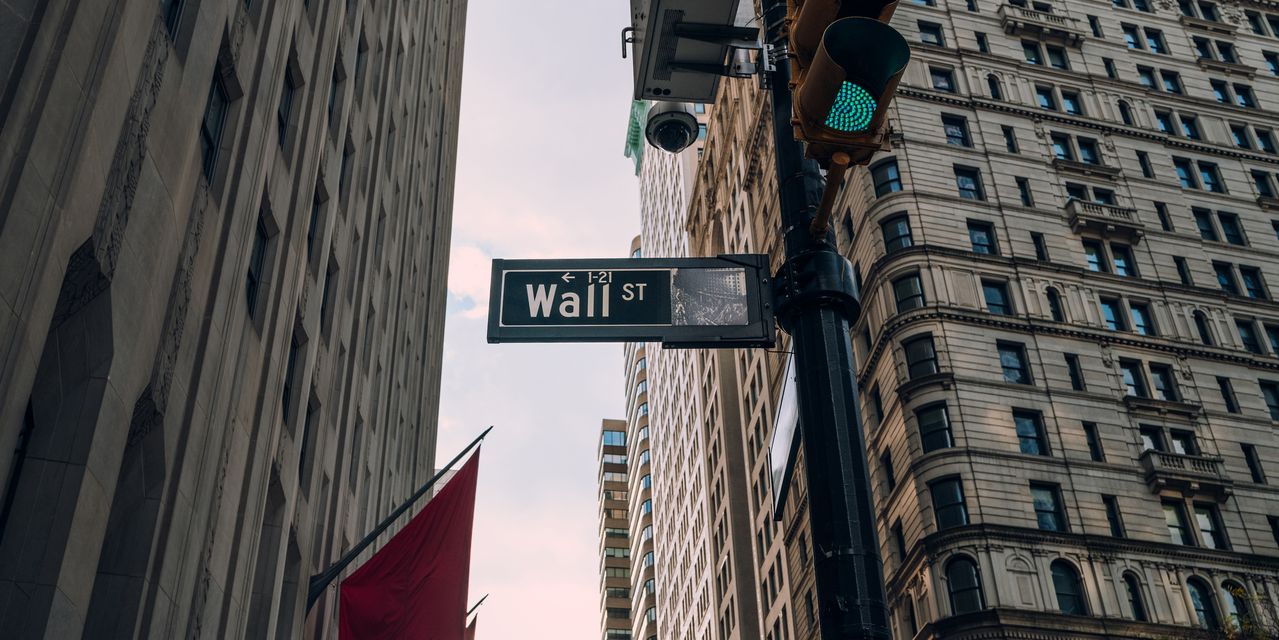Ten-year Treasury yields may keep climbing over the next two to three months, after startling markets with their recent surge, according to Sebastien Page, chief investment officer and head of global multi-asset at T. Rowe Price.
“We are positioning for rising rates still,” Page said in an interview Tuesday on the sidelines of Charles Schwab’s Impact 2023 conference in Philadelphia. “I don’t think it’s over,” he said. “We do have a cash buffer.”
The bond market has been rocked this year by a surge in 10-year yields that also has hurt equity valuations. The iShares Core U.S. Aggregate Bond ETF
AGG,
which tracks an index of U.S. investment-grade bonds, has lost 2.2% this year on a total return basis through Tuesday, while the price of the S&P 500 index
SPX
remains up 10.6% over the same period, according to FactSet data.
Page sees a mix of several factors potentially pushing up the yield on the 10-year Treasury note, including economic growth that’s been surprising to the upside, a shortage in labor supply in a still strong jobs market and an uptick in inflation expectations. He also cited factors such as increased issuance of Treasurys that the market will be absorbing to fund the U.S. fiscal deficit and the Federal Reserve’s mantra of higher-for-longer interest rates as it tries to slow the U.S. economy to ease inflation.
In his view, the Fed probably won’t cut interest rates next year and the U.S. may experience a so-called soft landing where the economy slows without causing a recession.
But “I don’t think it’s time to be a hero,” he said, explaining that he’s roughly neutral on stocks.
He said he is not yet willing to go overweight equities due to concern over the lag effect of the Fed’s interest rates hikes, with higher borrowing costs likely to bite consumers and businesses.
Beyond being underweight in duration in the bond market and “long cash,” Page said he’s overweight corporate credit, finding the roughly 9% yields in the junk bond market attractive.
Read: Economy gets off to good start in the fourth quarter, S&P finds, as inflation cools
Meanwhile, the yield on the 10-year Treasury note edged up to 4.840% on Tuesday, after climbing near 5% earlier this month to reach its highest level since July 20, 2007 based on 3 p.m. Eastern Time yields, according to Dow Jones Market Data. The 10-year Treasury yield
BX:TMUBMUSD10Y
was trading up on Wednesday morning at around 4.86%, FactSet data show, at last check.
Cash-like Treasury bills, which have ultra-short-term maturities, have yields of more than 5%. For example, the yield on the one-month Treasury bill
BX:TMUBMUSD01M
was trading at 5.4% on Wednesday morning, according to FactSet data, at last check.
The U.S. stock market finished higher Tuesday, with the Dow Jones Industrial Average
DJIA,
S&P 500
SPX
and Nasdaq Composite
COMP
all booking gains. The S&P 500 snapped a five-day losing streak, although the index’s 0.9% slump so far in October left it on track to potentially log a third straight month of losses, FactSet data show.
Investors on Thursday will see an estimate from the U.S. government on growth in gross domestic product in the third quarter, with economists anticipating a 4.7% jump. Page said that he expects U.S. GDP in 2023 will rise more than 2%.
Read the full article here











Leave a Reply